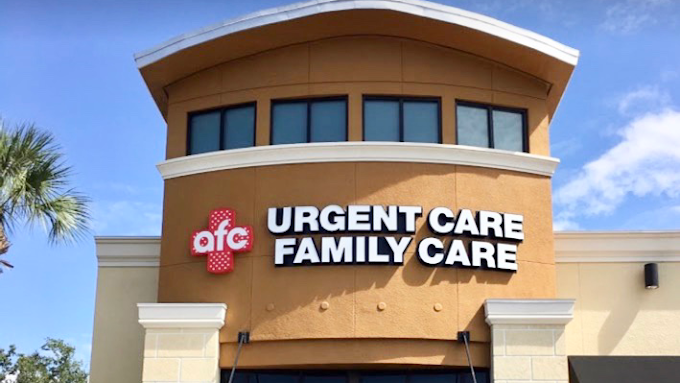Feb. 4—California is again looking to tweak who gets the COVID vaccine, this time by putting those with a disability or medical condition next in line after older residents and some essential workers, according to a proposal by a key state panel.
The Community Vaccine Advisory Committee’s work is intended to inform state officials as they make final vaccination priority decisions.
The new plan it reviewed Wednesday was drafted after the state’s pivot to an age-based vaccine system drew intense criticism from those with disabilities or underlying medical conditions who face higher risks of hospitalization and death from COVID-19.
Still, details aren’t clear — the plan doesn’t spell out which disabilities or medical conditions would qualify. The change would also only apply to those vaccinated at hospitals or other clinics, where medical status could be verified — not at mass vaccination sites.
“The proposal that was presented, I think it’s the best attempt to thread the needle based on science,” said Aaron Carruthers, the executive director at the California State Council on Developmental Disabilities who is a member of the committee. But “it’s very complicated. It’s very confusing. I think it’s very difficult to implement.”
California is now vaccinating those 65 and over as well as some essential employees, such as healthcare workers, farm workers and teachers. But Gov. Gavin Newsom had said that after those groups, the state would move its vaccination strategy to an age-based eligibility system, abandoning the previous approach that would have put those with disability or health conditions next in line.
The age-based strategy would “allow use to scale up much more quickly to get vaccines to impacted communities much more expeditiously,” Newsom said last week in announcing the change.
But advocates pushed for those with disabilities and medical conditions to be prioritized.
“Age is not the only factor in determining risk,” said Alice Wong, a disabled activist in San Francisco who had started a #HighRiskCA hashtag on Twitter, in a recent video. “This decision by the Newsom administration is an act of violence and erasure toward groups disproportionately impacted by the pandemic.”
Data reviewed by a state working group showed that those with underlying medical conditions overall were more than three times likely than others to be hospitalized from COVID-19. Another study reviewed by the group showed that those with disabilities were two or three times more likely to die from COVID-19.
“It’s clear that there’s still more to be done,” said Dr. Oliver Brooks, who co-chairs the state’s drafting guidelines work group, of the state’s current framework. “We’ve heard from other groups, we saw the data… presented in terms of disabilities and underlying medical conditions.”
Prioritizing those groups for vaccination will also ensure that COVID-19 won’t interfere with their ability to get ongoing care for their conditions, State Epidemiologist Dr. Erica Pan said.
Still, Pan said the state has yet to define which conditions would qualify for earlier access to vaccine. Some medical conditions, such as history of stroke, did not correspond to higher rates of hospitalization from COVID-19, while other conditions such as severe obesity and diabetes did, according to the data reviewed by the working group.
Those receiving services for developmental or intellectual disabilities in California were also less likely to be hospitalized from COVID-19, according to a different set of data reviewed by the group.
Some disability advocates also said that under the proposed framework, those with disabilities could still find it difficult to get access to the vaccine.
“As a person with disability who has multiple underlying health conditions that would qualify me, I don’t feel confident that even the best primary care doctors would actually be able to give me the documentation I would need to get to qualify for a vaccine,” said Christina Mills, the executive director of the California Foundation for Independent Living Centers.
Mills also said those with disabilities should have more choices when it comes to where they can be vaccinated.
“I want to have a choice, if I’m qualified for a vaccine, to go to a site that’s best and easiest for me to get to,” she said.
The Bee Capitol Bureau’s Andrew Sheeler contributed to this story.







